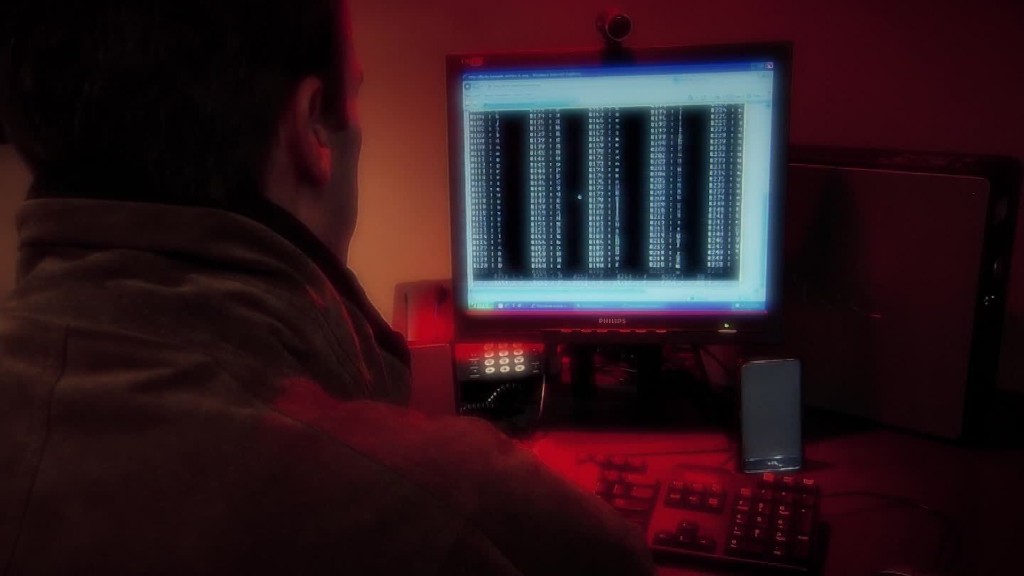
Marcus Hutchins, the security researcher best known for his role in stopping the spread of the global WannaCry attack, pleaded not guilty to allegedly making and selling other malware on Monday.
Hutchins, also known as MalwareTech, was arrested in Las Vegas earlier this month for his alleged role in creating and distributing malware that steals people's banking information. The charges are related to conduct that allegedly took place between July 2014 and July 2015.
The arraignment was held in a Wisconsin federal court. Hutchins, a UK citizen, will be allowed to return to his cybersecurity work in Los Angeles and travel within the U.S., and will be permitted to use the internet again. His trial is scheduled for October.
A codefendant is listed in the six-count indictment, though his name is not public. At a hearing on August 4, prosecutor Daniel Cowhig said the codefendant is still "at large."
After his arrest, the security research community swelled with support for Hutchins, and many fellow researchers and information security experts said they did not believe he could be involved in criminal activity.
Hutchins became an accidental hero in May when he created a killswitch that helped stop WannaCry from infecting computers worldwide.
The case is set to be a major one in the cybersecurity community. Shortly after his arrest, legal experts said the charges raised an "interesting legal question" as to whether making malware is illegal.

